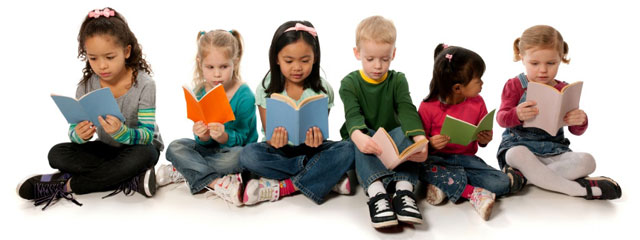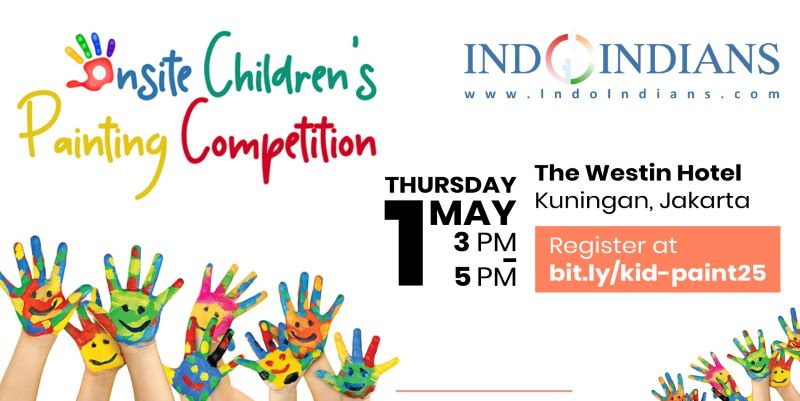As a parent you are the most influential teacher your child will probably ever have. Your conversation, activities and approach to life, in general, can encourage your child to start reading naturally, before the formal routines of school take over.
Engage your child in stimulating but relaxed activities and witness the enthusiasm for learning and reading that result from this interaction. The best activities are undoubtedly the ones that involve maximum participation.
Talking activities :
Conversation is probably the best introduction to reading. If a child enjoys discussion, an enthusiasm for reading will follow. Do encourage your child, even at an early age to talk in a constructive way. Studies have shown that children as young as three can manipulate language in order to express their feelings, obtain information or make logical deductions. You, the parent, are the chief role model for a child’s speech. Pronounce words accurately and explain meanings, wherever necessary. Always remember that fluent talkers are most likely to become fluent readers. Here are some suggestions for discussion and talking activities:
-
Ask your child to summarize, with as much detail as possible, simple programmes that you have watched together on television.
-
Incorporate “Guess what” situations into your daily activities, e.g. when you are cooking, ask your child to pass you the next ingredient which
begins with the letter “B” say (for butter). Feed further clues, if necessary. -
When reading a story or nursery rhyme, explain that you are going to leave gaps which the child is to fill in. Children really enjoy this activity!
Play with two toy telephones. -
A child will learn that reading is not restricted to books, but is useful for sending messages from one person to another.
-
To increase vocabulary, encourage your child to touch and describe safe everyday items when they are “helping” you cook or garden, for instance.
Listening activities :
Being able to concentrate and listen is an important part of preparing to read. It improves memory and helps the child understand his or her environment.
-
Ask your child to listen to a nursery rhyme and then do the actions while saying the words out loud.
-
Help your child to discriminate between sounds and to relate sounds to objects. For instance, record different sounds on to a tape, e.g. the rattle of a bunch of keys, the clatter of dinner plates etc. Ask your child to listen carefully and then identify the sounds.
-
Encourage your child to match familiar sounds to facial expressions. Play miming games with your face, e.g. cry, yawn, whistle.
-
Play “odd one out” word games. Make them easy to start off with.
Looking activities :
Helping your child to focus on objects and concentrate on details encourages the ability to discriminate and develop visual memory. Try the following activities:
-
Help your child recognize his or her written name. They are highly motivated to master this important word!
-
Play snap or other “matching” games
-
Play “sequence” games where you arrange everyday objects in a pattern, e.g. knife, fork, spoon. Get your child to continue laying out these
objects in the same order.
Finally, simply encourage your child to enjoy books. It’s never too soon to start sharing the pleasure of books with your child. “Reading” with you enables your child to absorb the rhythm and structure of language, enjoy the pictures and take part in interesting discussions. Make books and any other reading material a natural part of your child’s everyday activities.





